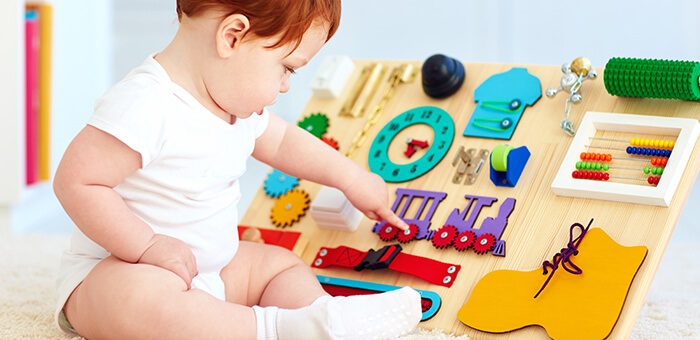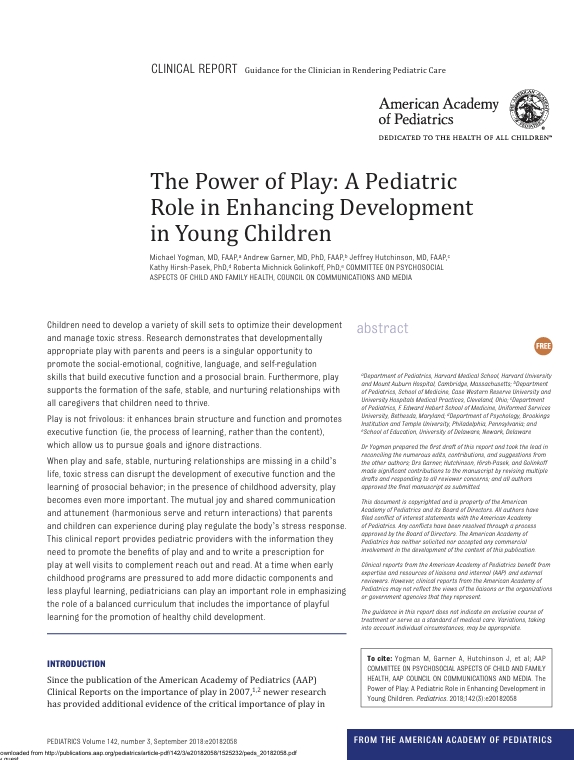To support your child’s development of fine motor skills, consider the following strategies:
Provide Age-Appropriate Toys and Tools: Offer toys that encourage grasping, pinching, and manipulation, such as building blocks, puzzles, and art supplies.
Encourage Hands-On Activities: Engage your child in activities that involve hand-eye coordination and dexterity, like drawing, painting, and playing with playdough.
Practice Everyday Tasks: Allow your child to practice skills through daily routines, such as buttoning shirts, zipping coats, or using utensils during meals.
Promote Physical Activity: Activities that strengthen hand and finger muscles, like climbing or playing with a ball, contribute to fine motor skill development.
Offer Sensory Experiences: Engage your child in sensory play, such as exploring different textures and materials, which helps refine their tactile sensitivity and coordination.
Provide Opportunities for Repetition: Repetition helps reinforce skills. Encourage your child to repeat activities that involve fine motor tasks to improve their proficiency.
These approaches can enhance your child’s fine motor skills, which are essential for tasks like writing, drawing, and daily self-care activities.






